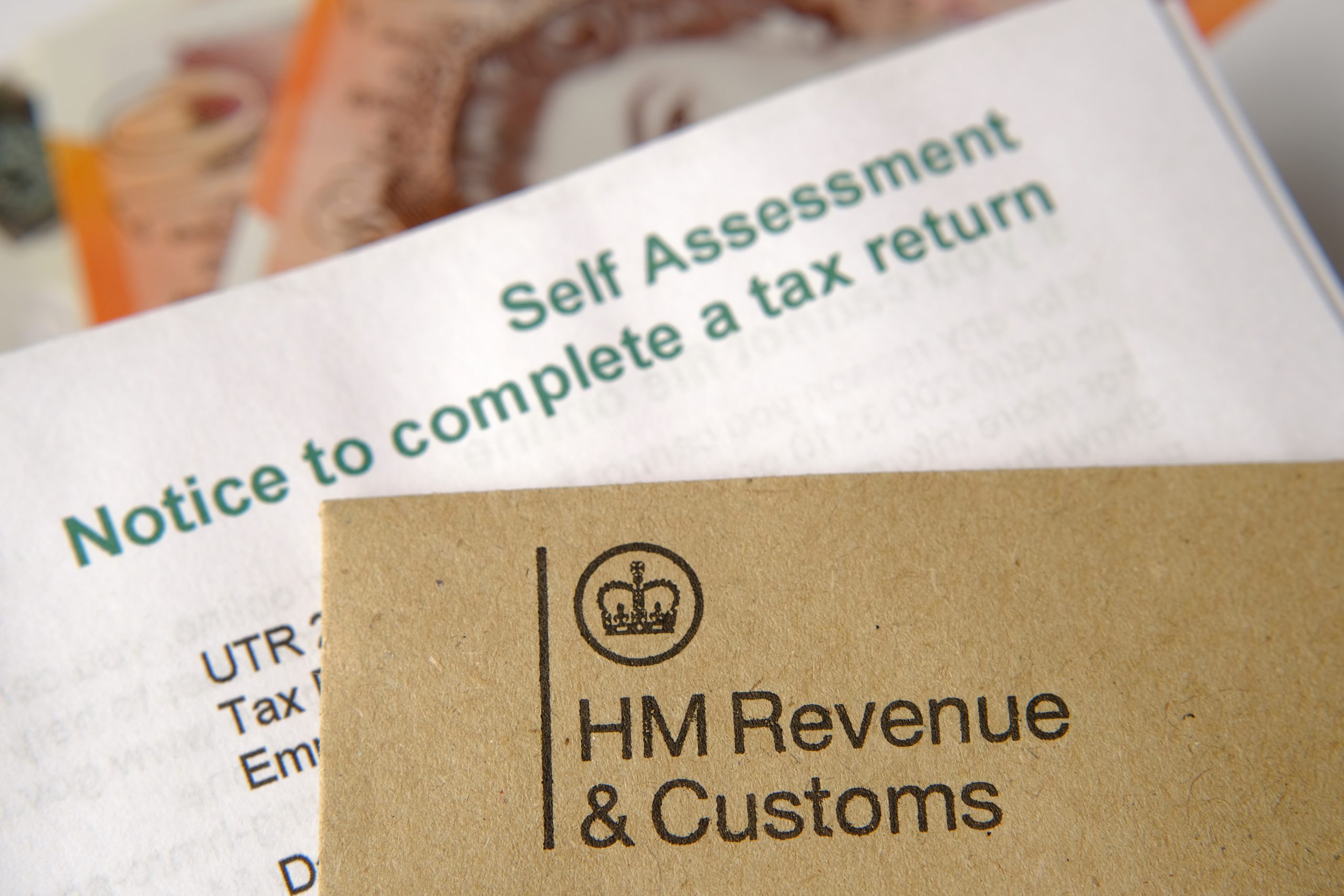Household Bills
Six reasons you should start your tax return now

The deadline for returning your self-assessment form online is 31 January 2022, or 31 October 2021 if you’re filing a paper return – although you have until the end of January to pay your bill.
So, in theory, most people still have a few months before they need to start worrying about their tax return (just six per cent submit a paper version).
However, people are being encouraged to start planning early this year because of Covid.
“This year tax returns are going to look different for millions of people, because in the tax year 2020/21 so many had unusual income, including Covid support, that they’ll need to include in their tax return for the first time,” said Sarah Coles, personal finance analyst at Hargreaves Lansdown.
“By starting now, you’ll give yourself time to get to grips with the changes.
“You also benefit from a whole host of other perks reserved for early birds – from giving yourself time to work out how you’ll pay your bill, to the opportunity to reduce what you pay, and the space to correct any mistakes from previous years.”
Much of the Covid support was taxable, including the Self-Employment Income Support Scheme, the Coronavirus Job Retention Scheme (furlough), self-isolation payments, local authority grants, and funding from the Eat Out to Help Out scheme.
Coles said: “If you claimed the self-employment grant or received furlough pay, you’ll need to include details on your tax return.
“If you were self-employed or in a partnership, and received any support, you’ll need to declare it on your self-assessment form.
“Any self-employment grants should be in the specific self-employment grant box. Any other Covid payments should go in the ‘any other business income’ box. Bear in mind that you don’t need to record loans on your tax return, such as the bounce back loan or one from the Coronavirus Business Interruption Loan Scheme.
“If you’re employed and were furloughed you will need to enter your earnings and income tax from your P60. This will cover your furlough payments, so you don’t need to enter them separately on your tax return.”
Five more reasons to do your tax return now
You have more time to think about how you’ll pay your tax bill
Regardless of when you file, you have until 31 January to pay the bill. You should be setting aside money to cover your tax bill as you go along, but there are times when things don’t go to plan. This may affect more people this year, especially if they’re also staggering payments from their previous tax bill. Completing your tax return early gives you longer to access the cash, Filing of annual return singapore helps you to complete the process correctly.
It gives you the time and space to get all the help you need
This can include guidance on the website or the phone. Phone lines will be far less busy at this time of year than during the January rush. It’s also a good time to track down an accountant. If you leave it to the last minute, you could struggle to find someone available, and they may charge extra for tax returns done at short notice.
You have time to bring your tax bill down
Most of what you do now will only affect your tax bill in the current year, but there are a handful of ‘carry back’ opportunities to cut your tax bill for the previous year. If you give money to charity using gift aid, the charity will reclaim basic rate tax, but higher and additional rate taxpayers need to claim the difference through their tax return.
Any gift aid donation you make up until the day you file your tax return can be included in your previous year’s tax return, so you can make a donation now, and include it in the tax return you’re filing. This is particularly useful if your income is going to fall this year, because you can claim gift aid in a year when you were paying a higher rate of tax.
Another carry back rule applies if you’ve invested in an Enterprise Investment Scheme (EIS) in the current tax year, and you want to carry back income tax relief of 30% to the previous year. You can’t claim back more relief than the tax you have paid, so this is particularly useful if you won’t earn enough to offset the tax relief this year.
You have the opportunity to correct previous years
If you realise you’ve made a mistake in previous years, you can claim a refund for overpayments for any time during the past four years. You’ll need to write to HMRC explaining that you’re making a claim for ‘overpayment relief’, include proof, a signed declaration saying that the details you’ve given are correct, and outline how you want the repayment to be made.
Learn from your mistakes
When you’re inputting gains from stocks and shares – and possibly discovering that you’re going to have to pay capital gains tax or dividend tax – it’s a helpful reminder that if you held these assets in stocks and shares ISAs, there would be no tax to pay. Even if your gains fall within the annual allowances, details of assets outside an ISA have to be included in the tax return, so this should be a reminder that if you were to move it into an ISA, you could avoid having to include them in this process every year too. Once you’ve got your tax return out of the way, it’s worth making use of any ISA allowance you still have for this tax year too.